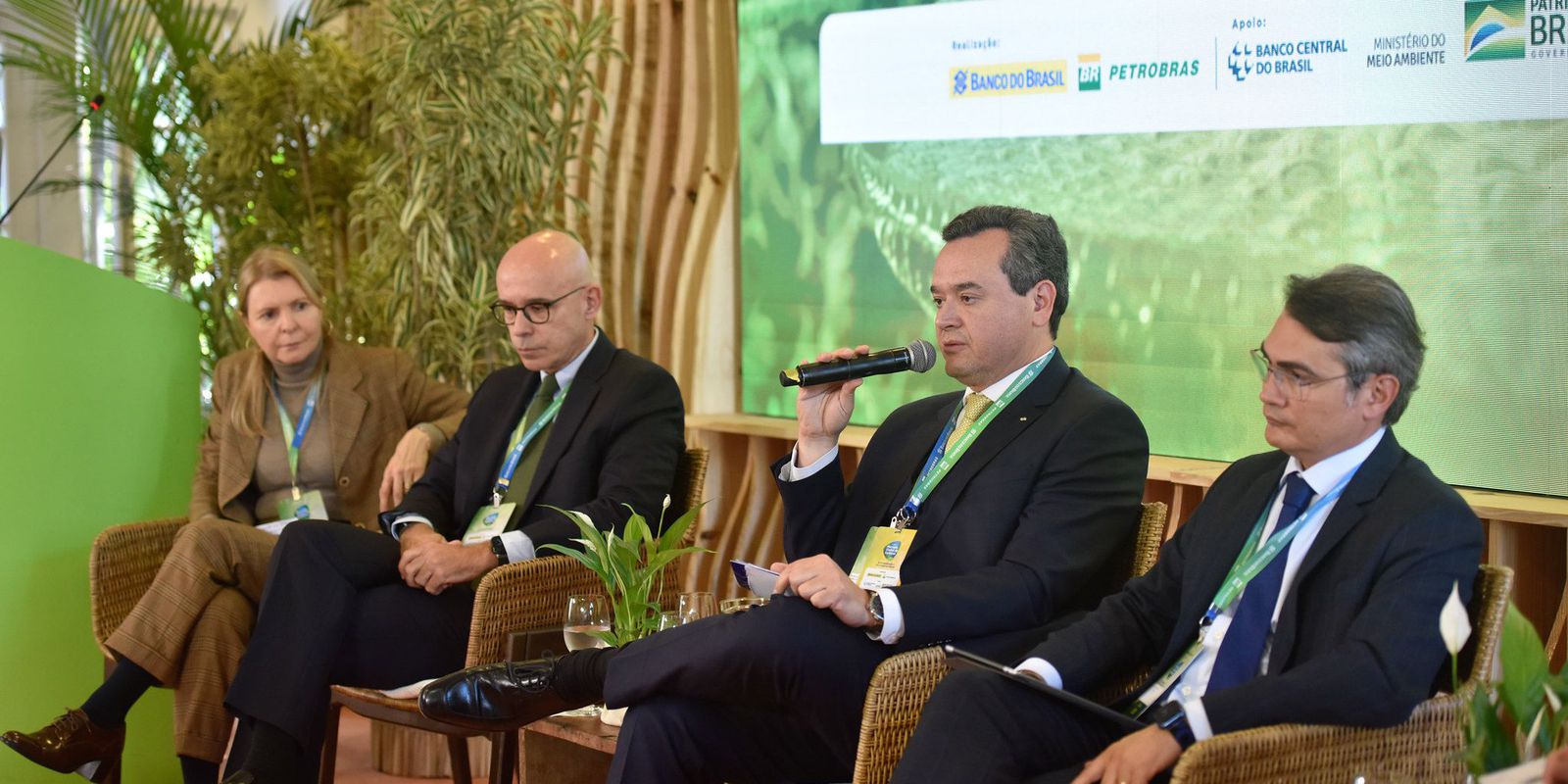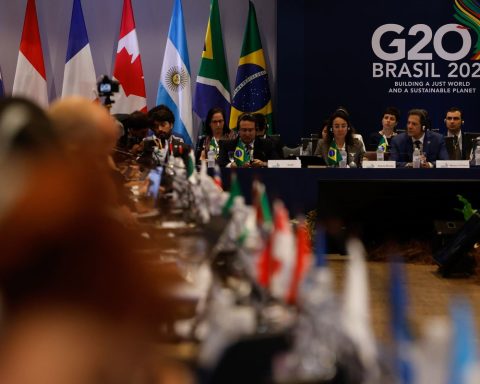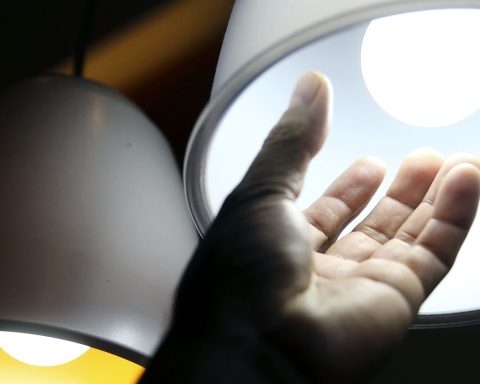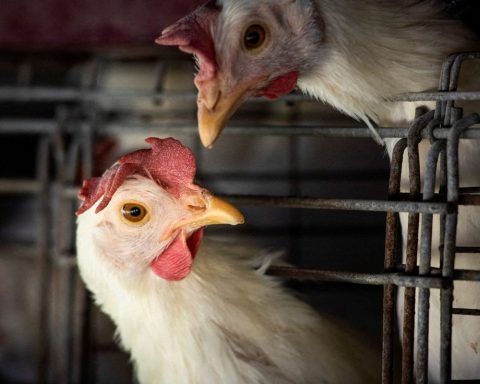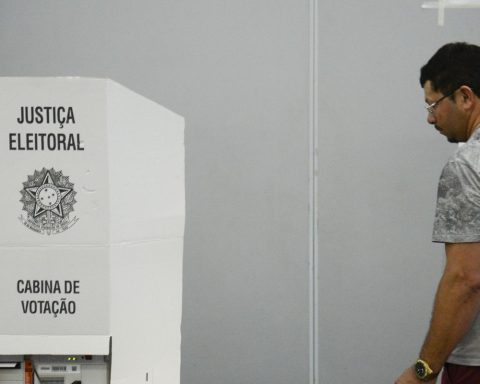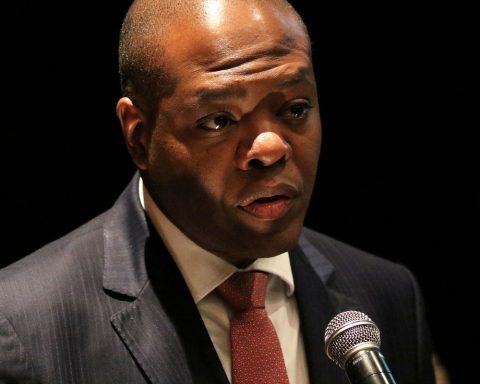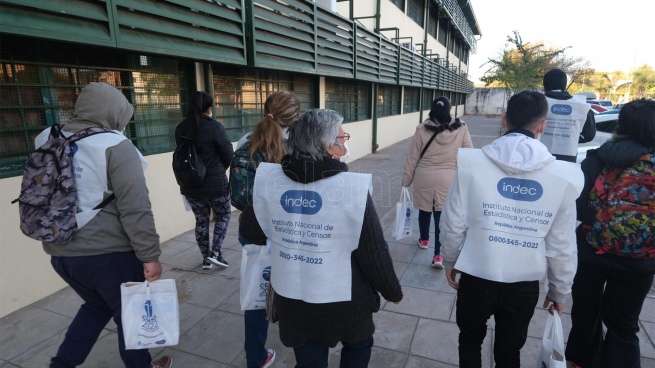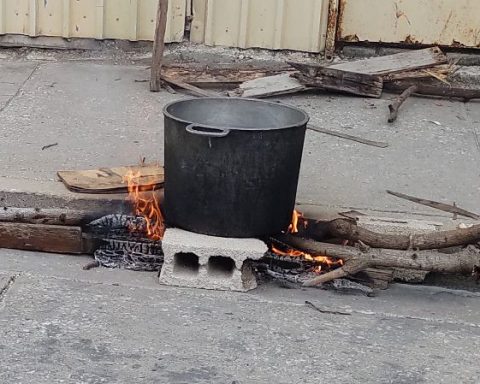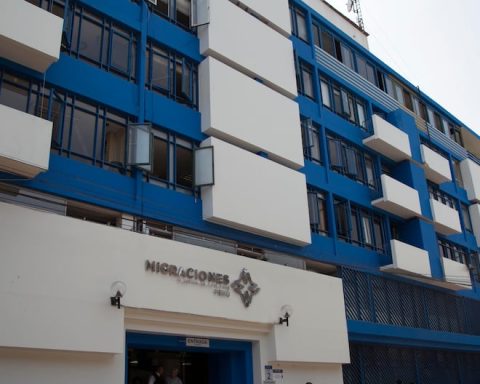The challenges and opportunities in the implementation of the green economy in Brazil guided the afternoon panels of this first day of the Global Carbon Market Congress – Decarbonization & Green Investments.
In the panel on the financial sector and the promotion of environmental projects and assets, moderated by the president of the National Bank for Social Development (BNDES), Gustavo Montezano, the participants recalled the differences between Brazil and other countries when it comes to sustainability.
The president of the UBS bank, Sylvia Coutinho, stressed that “Brazilian energy is the cleanest on the planet” and drew attention to the “pricing” of this differential. According to her, it is possible to add this energy to the Brazilian product at a very low price. “Outside the whole issue is reforestation, here it is maintenance”, said the president of Banco do Brasil, Fausto Ribeiro.
watch on TV Brazil:
https://www.youtube.com/watch?v=/wpLVVj18qB4
The president of Banco do Brasil recalled that Brazilian farmers are key players in environmental preservation and that, therefore, they need to have some kind of incentive or compensation.
For this, the bank created the CPR-Preservation, a type of credit in which the producer monetizes the preserved area on his property. For example, if he needs to preserve 20% of the property, but he does it by 30%, he can monetize the extra 10% he is preserving.
Both Ribeiro and the president of Bradesco, Octavio de Lazari, drew attention to the need to encourage investors to participate in these projects.
Currently, about 22% of the banks’ credit portfolio is destined to segments of the green economy, which totals about R$ 400 billion.
Sanitation
In the panel on sanitation, the director of the Inter-American Development Bank, Martha Seillier highlighted the real leap that Brazil has taken in terms of investments in the sector thanks to the Sanitation Framework.
According to her – who was once the special secretary of the Federal Government’s Investment Partnerships Program (PPI) – there was an initial resistance to changes, as it was an essentially public sector. But, with changes in the legislation, the sector started to receive investments that reach eight times the amount previously applied. “The auctions have had more and more interested parties,” highlighted Seillier.
